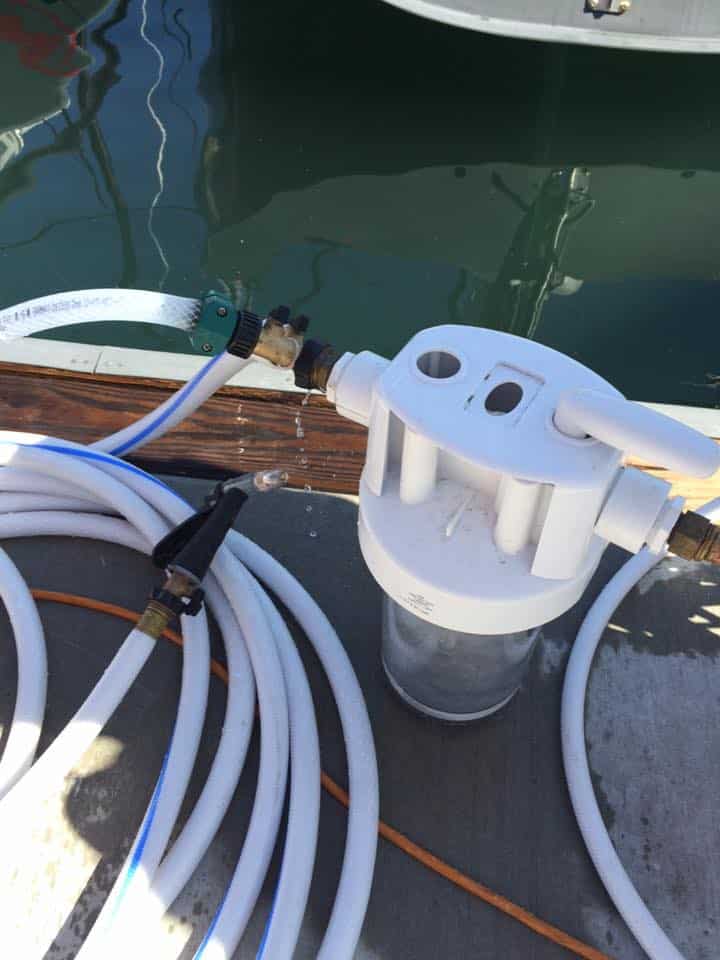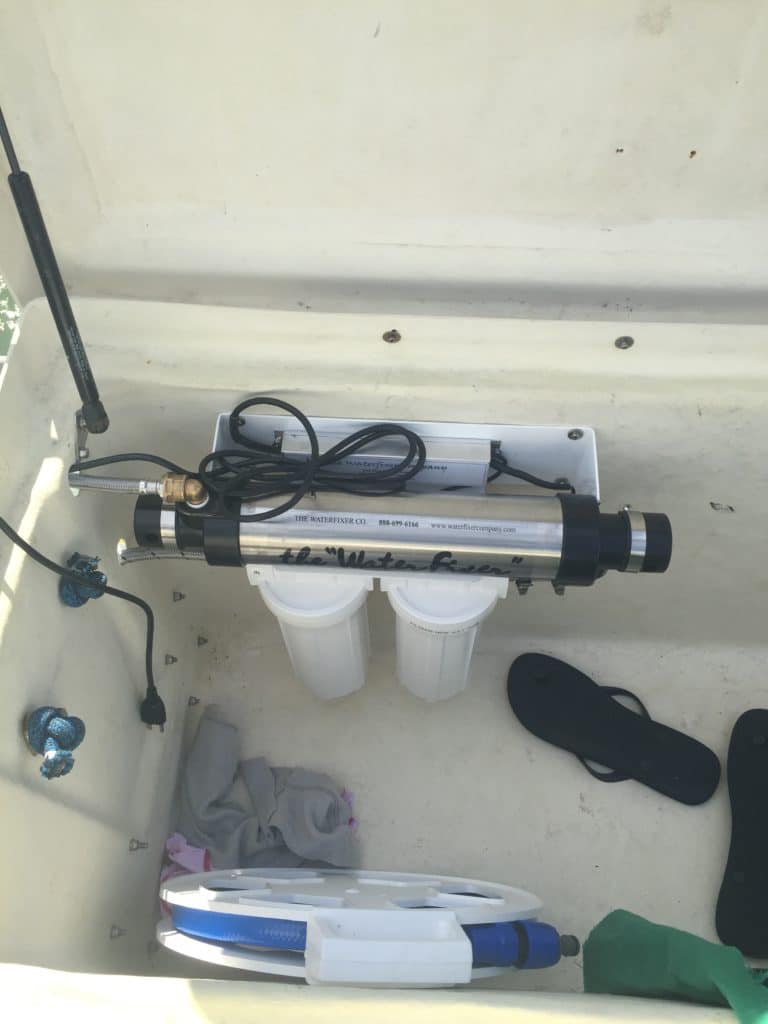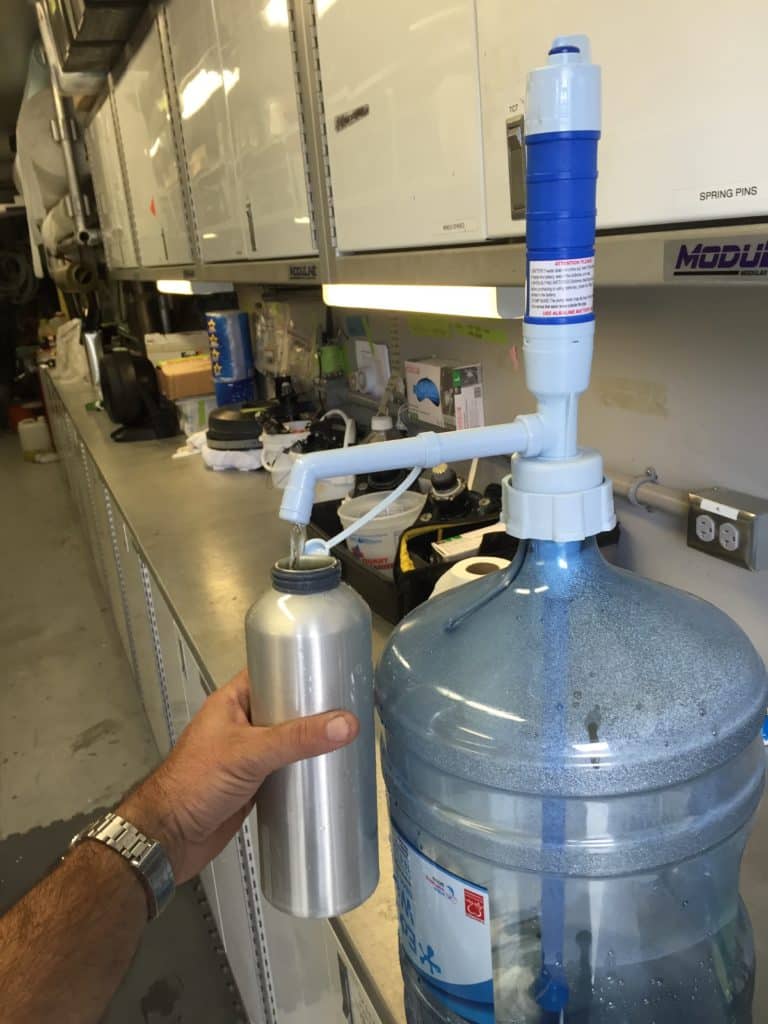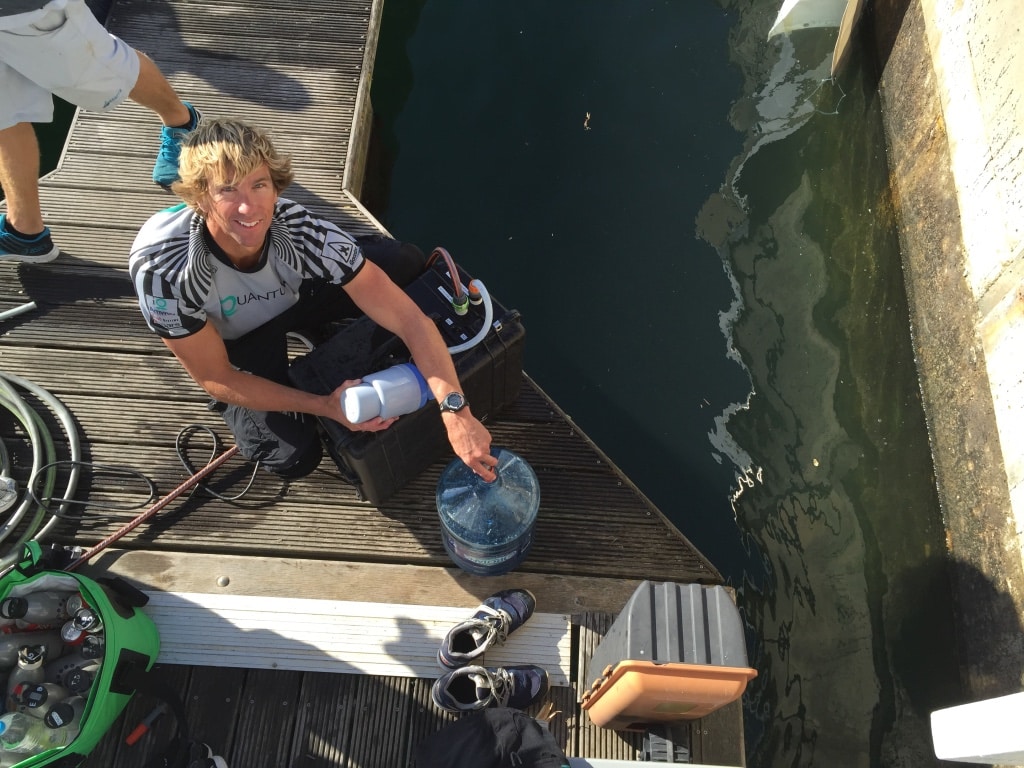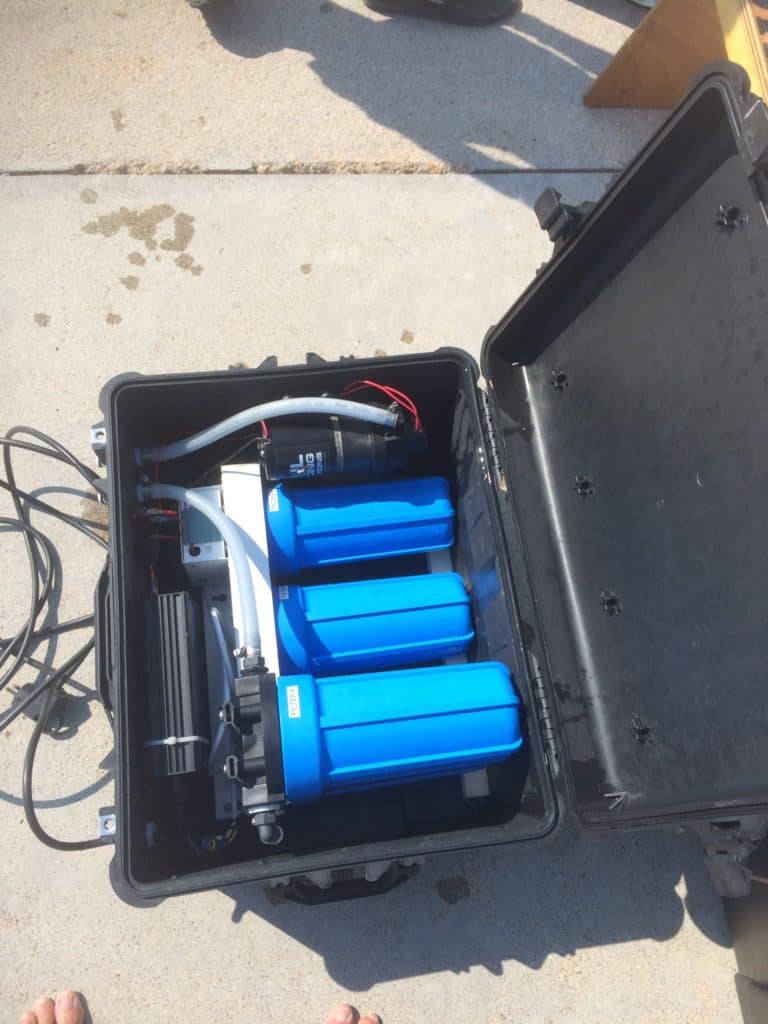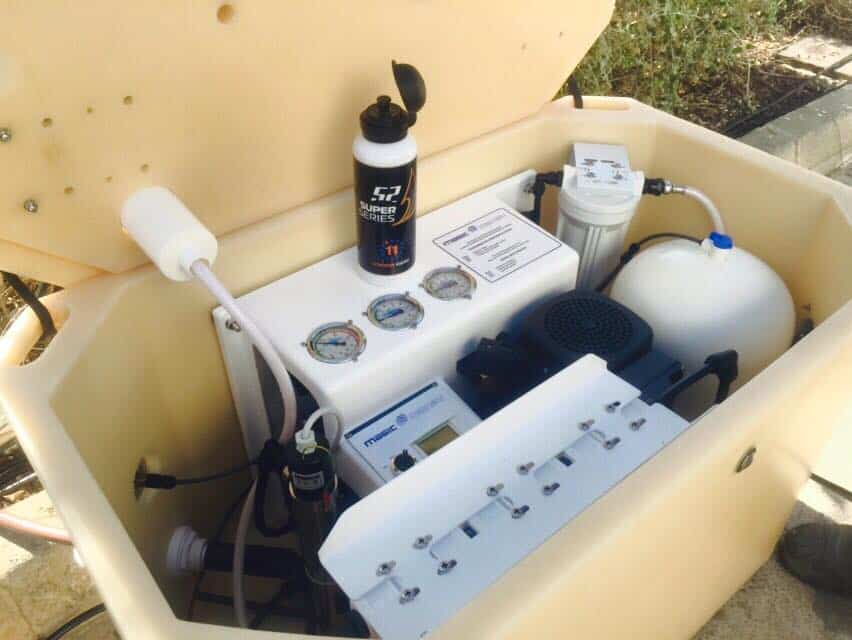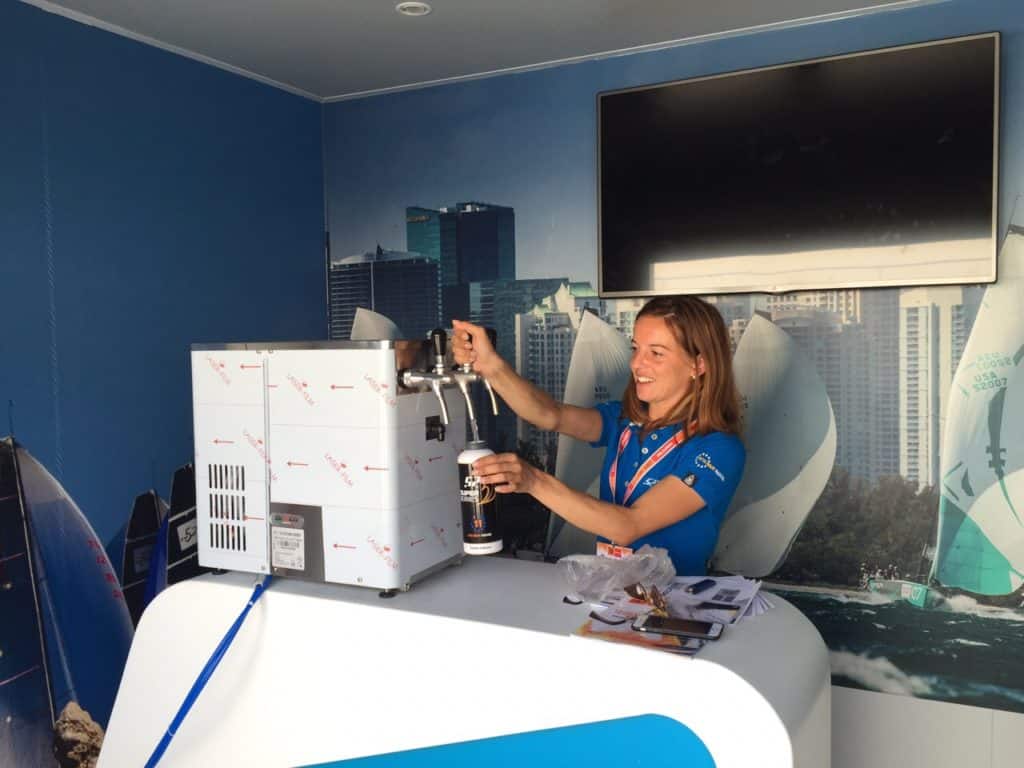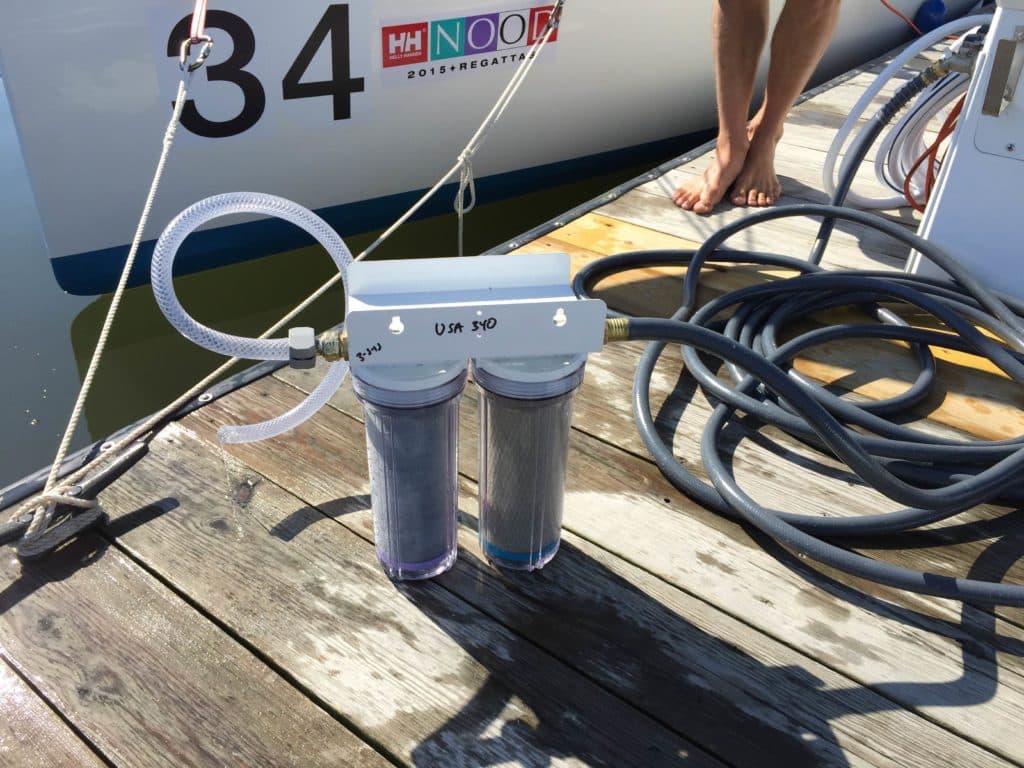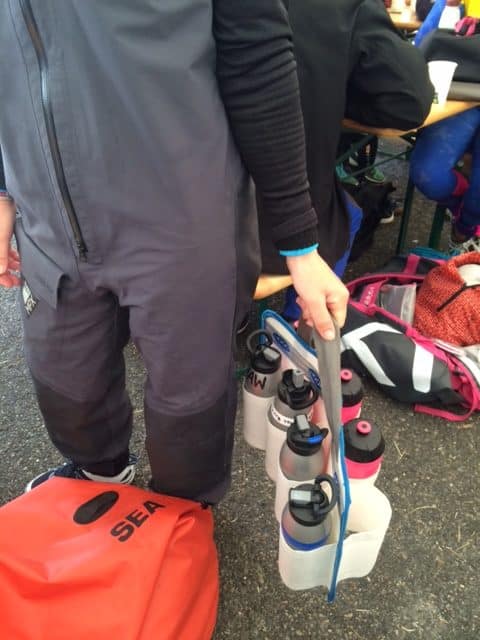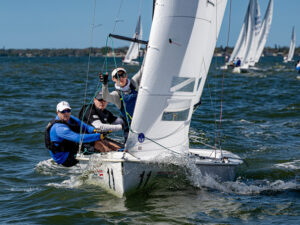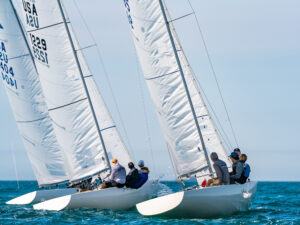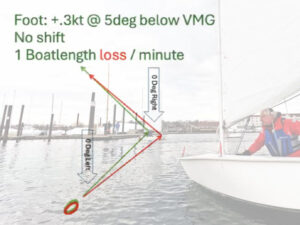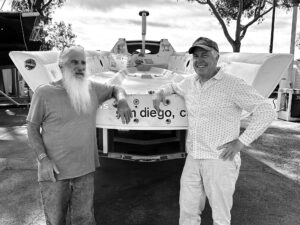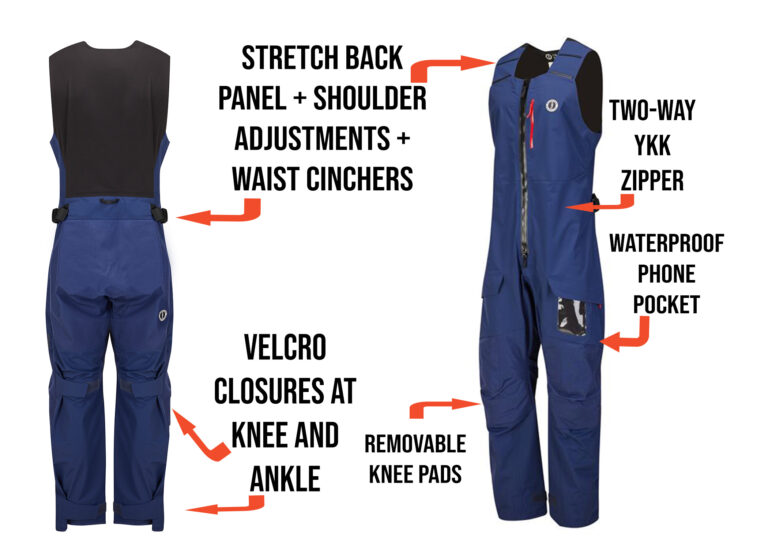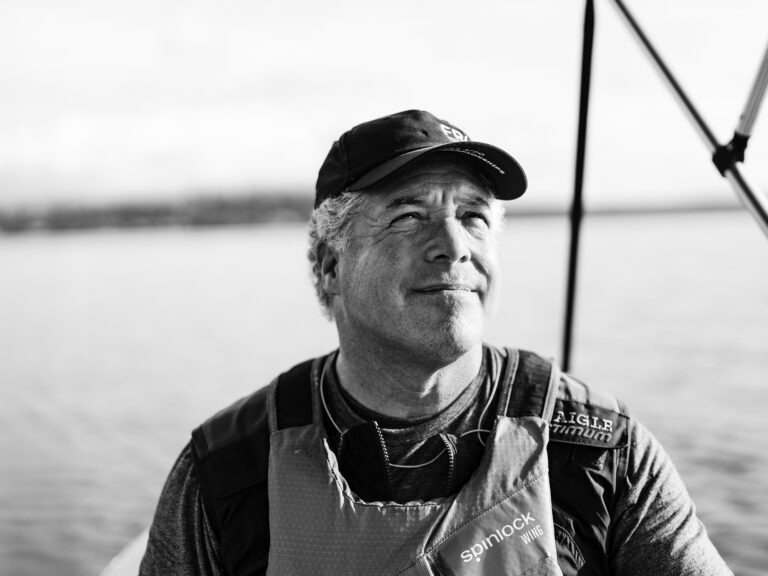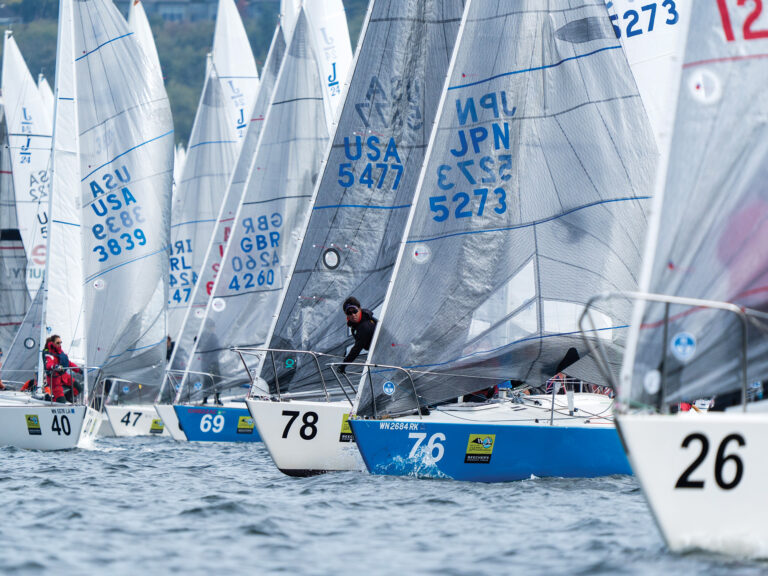Assuming that each sailor, each day of a regatta drinks four standard single-use water bottles, and that and event includes three practice days and five race days, each team member uses 32 bottles per event. For a team of 20, this equals 640 bottles per event, or 18 cases of 35 bottles. At $20 a case, the team would spend $360 for the week. Check out the gallery above for some programs implemented by teams to cut down on the waste—and the cost.
